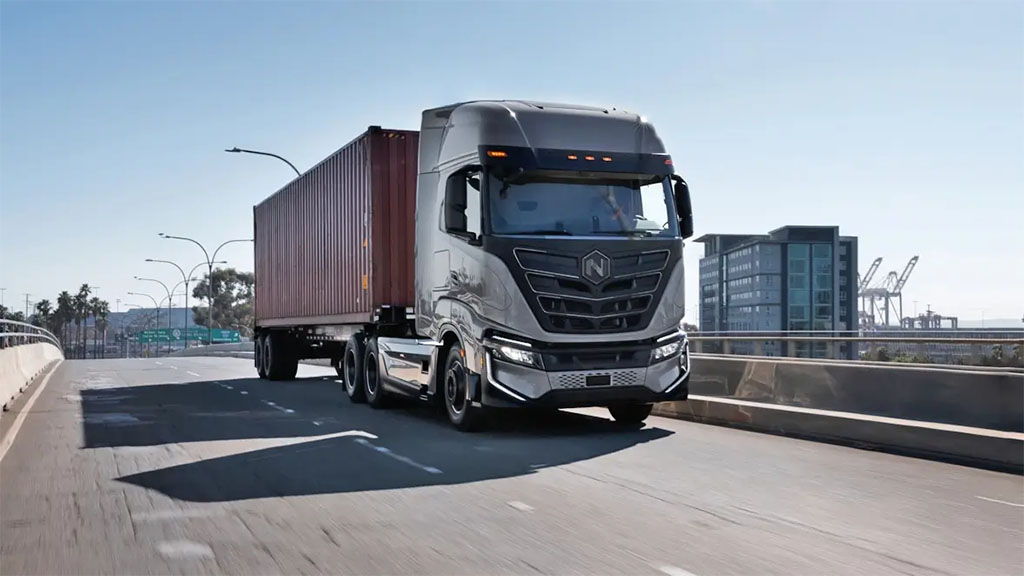Automotiveaddicts
2M
307

Image Credit: Automotiveaddicts
Nikola Files for Bankruptcy as EV Market Shakeout Continues
- Nikola Corporation, once valued at $27 billion, has filed for Chapter 11 bankruptcy protection, marking the end of its turbulent journey as an EV and hydrogen truck company.
- The electric vehicle market has seen a shakeout with Nikola's downfall, reflecting the challenges faced by many startups in the industry amid tough economic conditions.
- CEO Steve Girsky cited market and macroeconomic factors for Nikola's struggles, as the company plans to wind down operations and seek buyers for its assets.
- Nikola's fall from grace highlights the harsh reality for EV startups, including high cash burn rates, slowing demand, and financial pressures.
- Nikola's production setbacks, recalls, and safety concerns affected consumer trust, leading to financial setbacks despite efforts to focus on hydrogen truck production.
- Nikola's stock plummeted by 38% post-bankruptcy filing, reducing its valuation to below $50 million, a significant drop from its previous peak.
- Debt and cash burn spiral plagued Nikola, with its cash reserves shrinking to $47 million and liabilities estimated between $1 billion to $10 billion.
- The Chapter 11 process will see Nikola liquidating remaining assets; its manufacturing facilities may attract buyers, but its tarnished brand poses challenges.
- Nikola's collapse serves as a warning for the EV sector, reflecting increasing competition, operational challenges, and high costs facing companies in the industry.
- The aftermath of Nikola's bankruptcy emphasizes the need for sustained financial backing, manufacturing expertise, and adaptability for EV companies to succeed.
Read Full Article
18 Likes
For uninterrupted reading, download the app